
Exploring the Future of Latin America and US Relations
Six scholars from Latin America discuss the challenges and opportunities facing the Americas.
This symposium presents a perspective on United States-Latin America relations from scholars in the region, building on an earlier symposium by a mix of Latin American and American scholars in Civitas Outlook. For much of the last half-century, Latin America has experienced significant reform by adopting the principles of free societies, including democratic constitutionalism, free markets, property rights, and individual liberty. While the United States has brought a renewed focus on Latin America that may halt backsliding toward autocracy and counter the rise of Chinese influence, it has also reversed advances in free trade and more open migration. The authors examine the promises and perils of the Trump administration and the new governments in Latin America, and look forward to a renewed dialogue with U.S.-based scholars at this moment of opportunity.
Rodrigo Barcia Lehmann "The Union of the Americas and the Ideal of Freedom"
Javier Garay "Ulysses Revisited"
Gabriel Gasave and Martin Simonetta "US, China, and Latin American Relations: Challenges and Opportunities"
Wagner Menezes "Brazil and the United States: A Strategic Hemispheric Partnership"
Luis Orozco "Boosting Technological and Research Collaboration among Latin America, the Caribbean, and the United States"
Oscar Sumar "A New Consensus in Latin America"
Oscar Sumar is the Pro Vice-Chancellor for Academic Affairs, Universidad Científica del Sur, Peru. Non-resident fellow of the Public Law and Policy Program, Berkeley Law. Co-Chair of BeLatin. His most recent book, titled Regulatory Countertrend, explores the regulatory state and evaluates economic regulation.
John Yoo is a senior research fellow at the Civitas Institute, and a distinguished visiting professor at the School of Civic Leadership at the University of Texas at Austin. He is also the Emanuel Heller Professor of Law at the University of California at Berkeley where he supervises the Public Law and Policy Program among other programs at Berkeley Law. Concurrently, he is a nonresident senior fellow at the American Enterprise Institute.
Economic Dynamism
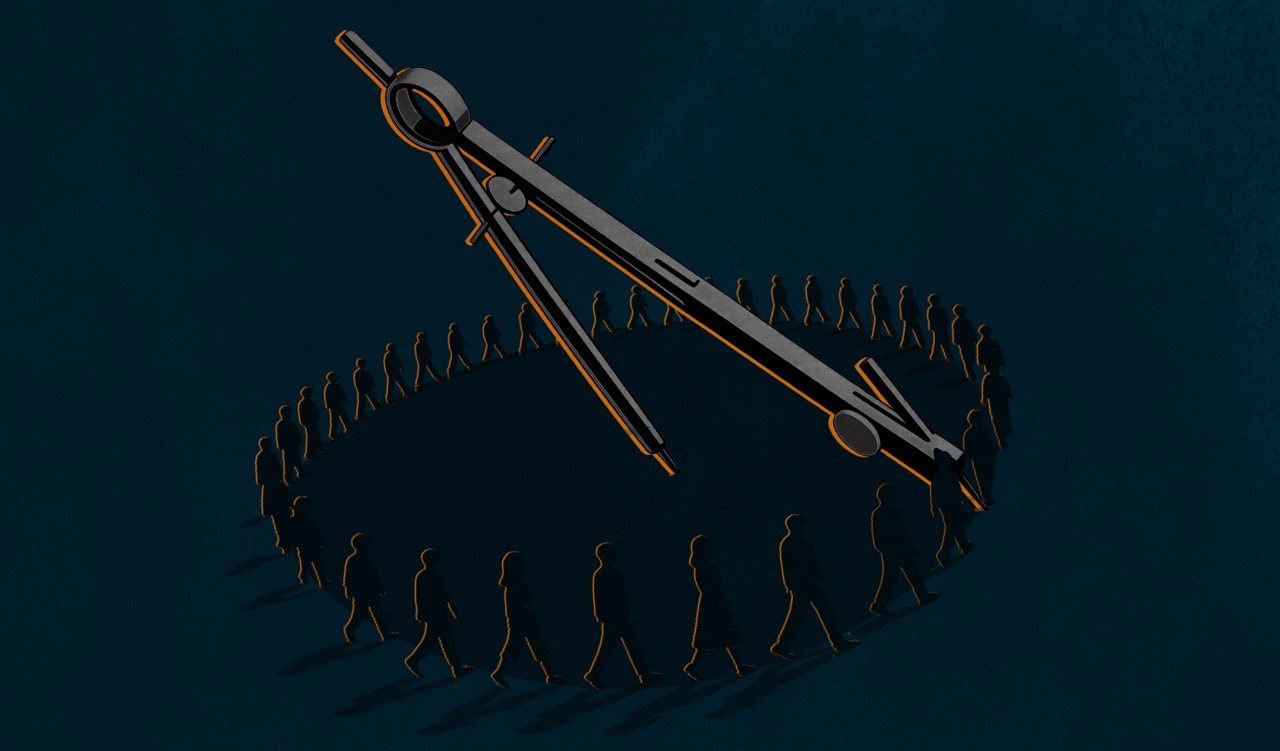
The War on Disruption
The only way we can challenge stagnation is by attacking the underlying narratives. What today’s societies need is a celebration of messiness.

Unlocking Public Value: A Proposal for AI Opportunity Zones
Governments often regulate AI’s risks without measuring its rewards—AI Opportunity Zones would flip the script by granting public institutions open access to advanced systems in exchange for transparent, real-world testing that proves their value on society’s toughest challenges.

Downtowns are dying, but we know how to save them
Even those who yearn to visit or live in a walkable, dense neighborhood are not going to flock to a place surrounded by a grim urban dystopia.

The Housing Crisis
Soaring housing costs are driving young people towards socialism—only dispersed development and expanded property ownership can preserve liberal democracy.

Blocking AI’s Information Explosion Hurts Everyone
Preventing AI from performing its crucial role of providing information to the public will hinder the lives of those who need it.
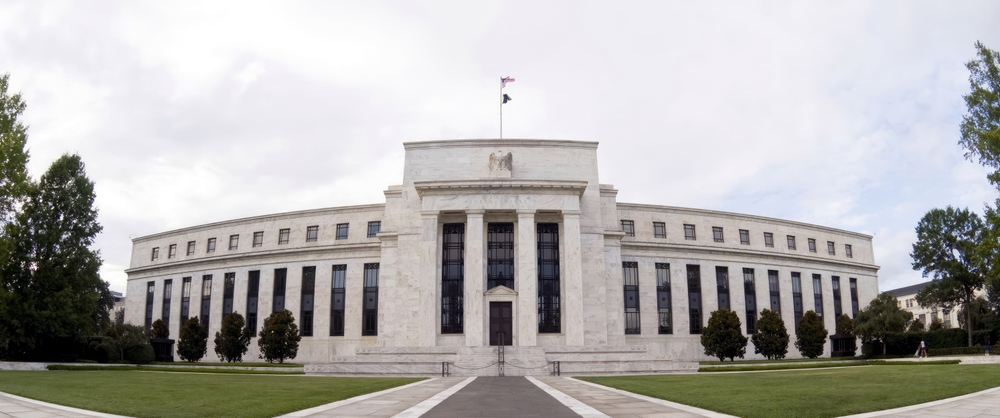
Kevin Warsh’s Challenge to Fed Groupthink
Kevin Warsh understands the Fed’s mandate, respects its independence, and is willing to question comfortable assumptions when the evidence demands it.

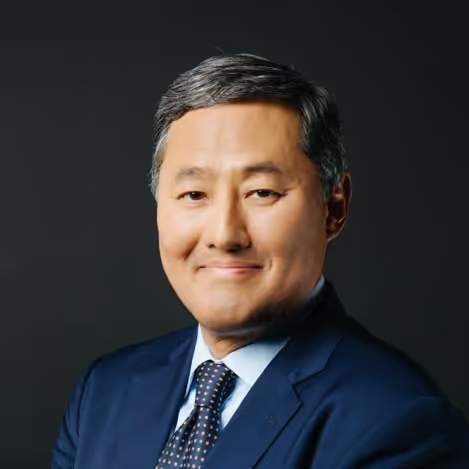


.avif)
.jpeg)




.jpg)
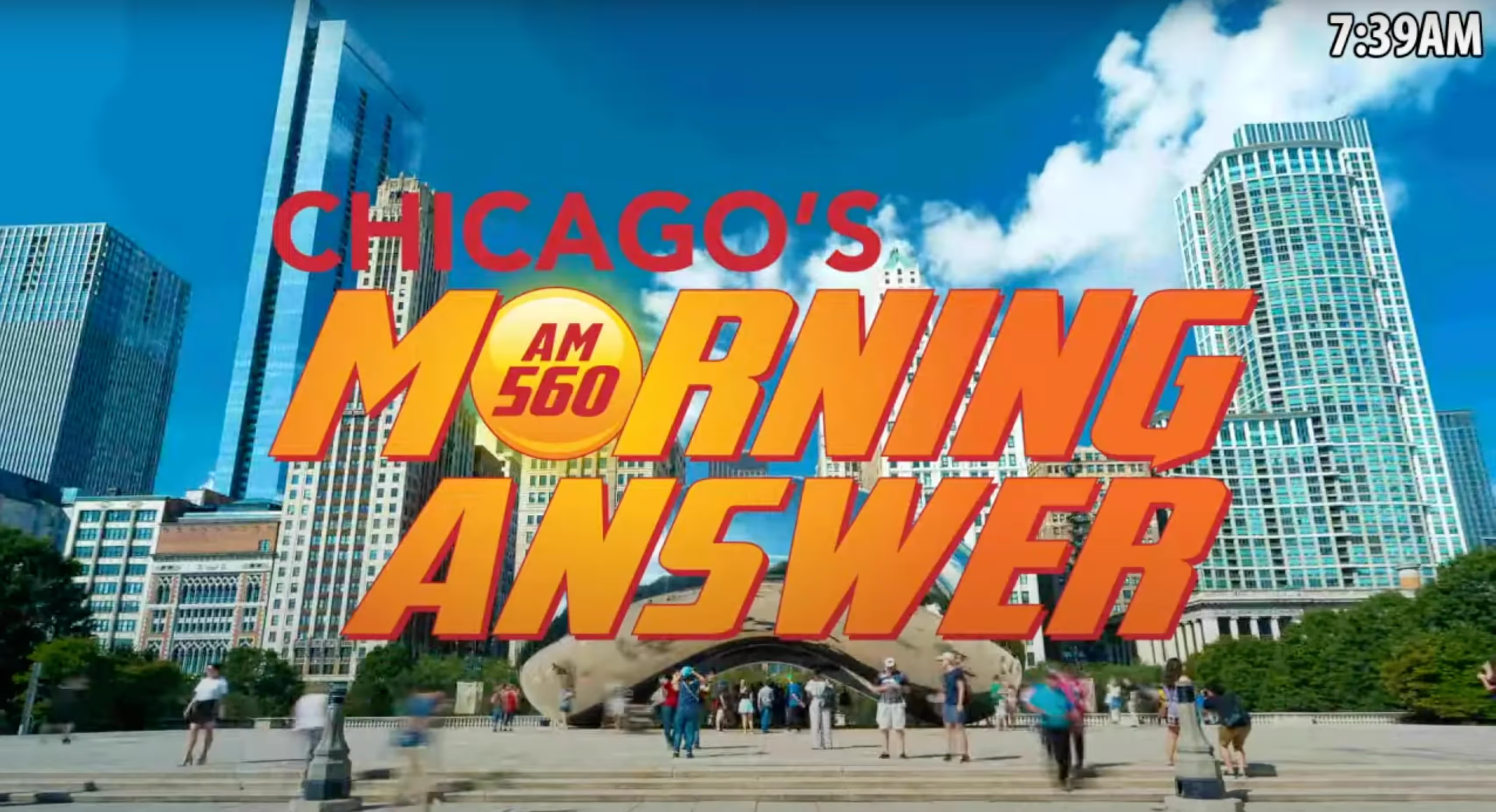

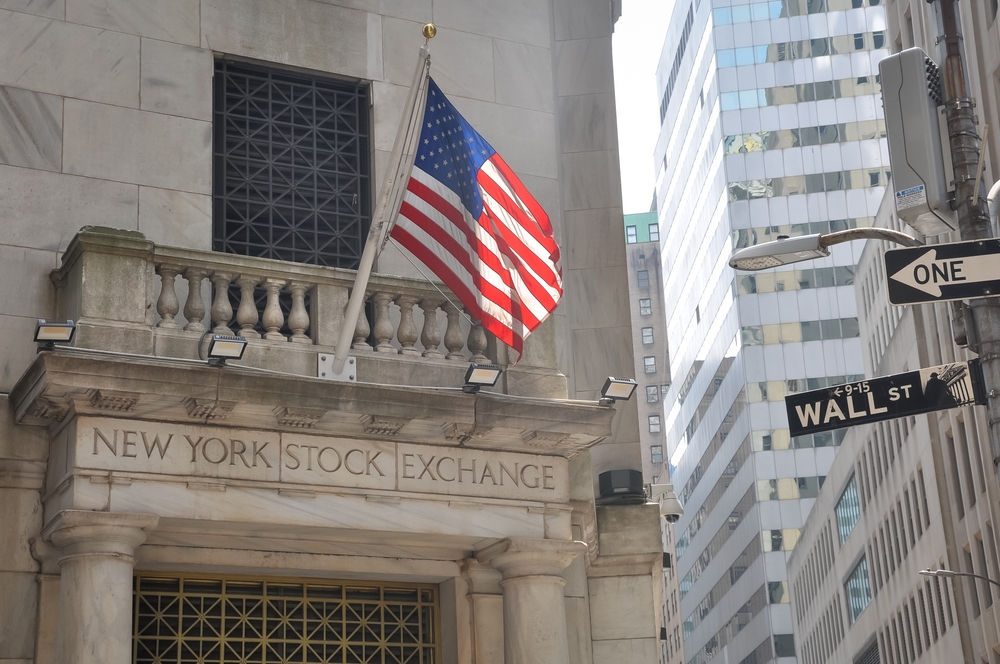
.jpg)

